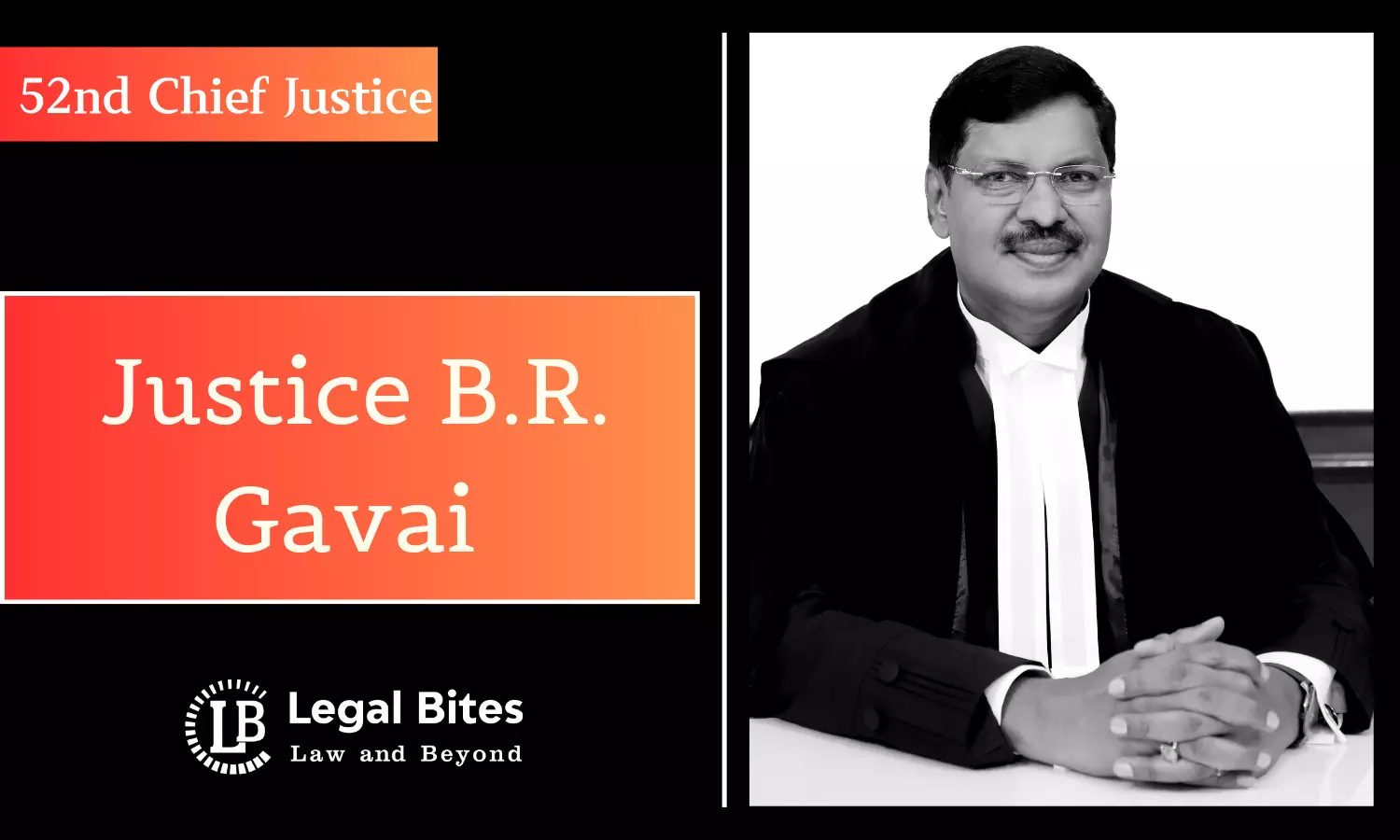
In a significant development in the Indian judiciary, Chief Justice of India Sanjiv Khanna on Wednesday formally recommended Justice Bhushan Ramkrishna Gavai to the Central Government for appointment as the 52nd Chief Justice of India (CJI). The recommendation has been made following the established seniority convention and comes ahead of Justice Khanna’s scheduled retirement.
Profile of Justice B.R. Gavai
Early Life and Education
Born on November 24, 1960, in Amravati (Maharashtra), Justice Bhushan Ramkrishna Gavai hails from a family with a strong socio-political background. He is the son of the late R.S. Gavai, a prominent Dalit leader and former Governor of Bihar and Kerala. Justice Gavai completed his legal education from the University of Mumbai and was enrolled as an advocate in March 1985.
Legal and Judicial Career
After training under Bar. Raja S. Bhonsale, Justice B.R. Gavai practised at the Bombay High Court and later focused on the Nagpur Bench, specialising in Constitutional and Administrative Law. He served as Standing Counsel for several municipal bodies and autonomous institutions. He was appointed Assistant Government Pleader and Additional Public Prosecutor (1992–93), and later as Government Pleader and Public Prosecutor in 2000. Elevated as an Additional Judge of the Bombay High Court in 2003 and made permanent in 2005, he served across benches in Mumbai, Nagpur, Aurangabad, and Panaji.
In May 2019, he was elevated to the Supreme Court of India. His judgments have reflected deep legal insight and a commitment to the constitutional values of equality, justice, and liberty.
Notable Judgments and Contributions
Justice Gavai has been part of several key verdicts in recent years. Some of his notable contributions include:
- Justice B.R. Gavai was part of the Constitution Bench that upheld the abrogation of Article 370, removing special status for Jammu & Kashmir (December 2023).
- He was on the five-judge Bench that upheld the 2016 demonetisation of ₹500 and ₹1,000 currency notes by a 4:1 majority.
- He was part of the Bench that struck down the Electoral Bonds Scheme in Association for Democratic Reforms v. Union of India (2024).
- In State of Punjab v. Davinder Singh (2024), he supported applying the creamy layer principle to SC/ST reservations to promote real equality.
His judgments often reflect a balanced approach, upholding both the rule of law and the interests of the marginalised.
Tenure
If appointed, Justice Gavai will become the 52nd Chief Justice of India and is expected to take oath on May 14. However, his tenure will be brief, lasting only six months, as he is set to retire in November 2025.
A Historic Appointment in Many Ways
Justice Gavai will become the second Dalit Chief Justice of India, after Justice K.G. Balakrishnan, who held office from 2007 to 2010. His elevation is being seen not only as a testament to his judicial acumen but also as a move toward a more inclusive and representative judiciary.
Legal experts and civil society observers have hailed the recommendation as a progressive step in a judiciary that has long faced criticism for lack of representation of marginalized communities at the highest levels.
Following the recommendation, the President of India will formally appoint Justice Gavai as the next Chief Justice.